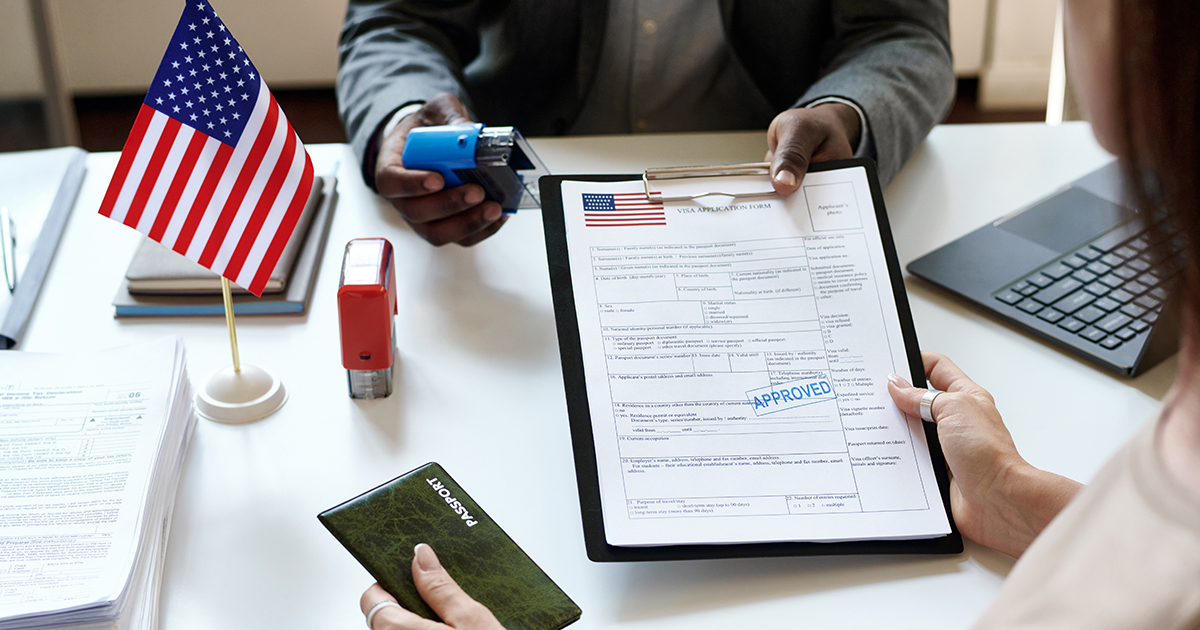
Essential Notarized Documents You Should Be Familiar
Introduction to Notarized Documents Essential Notarized Documents play a crucial role in our lives, often serving as the backbone of important transactions, agreements, and legal […]

Introduction to Notarized Documents Essential Notarized Documents play a crucial role in our lives, often serving as the backbone of important transactions, agreements, and legal […]
Copyright © 2025 | WordPress Theme by MH Themes